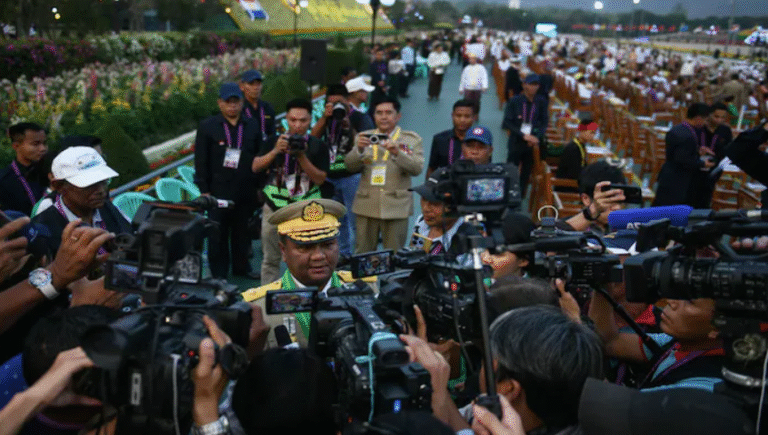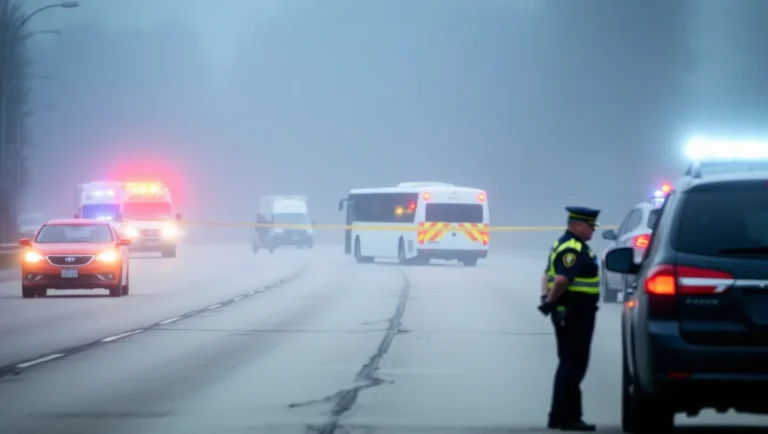
Demonstrators in Tel Aviv hold posters of hostages during a public rally, calling for a ceasefire agreement and the safe return of captives still held in Gaza.
In a deeply moving interview from Tel Aviv, Keith Siegel — an American-Israeli man recently freed after more than a year in captivity — expressed hope that US President Donald Trump could leverage his influence to negotiate the release of hostages still held in Gaza. Siegel, 66, was abducted during the Hamas-led assault on Israel on October 7, 2023, which marked the onset of a devastating conflict.
Siegel and his wife, Aviva, were among the 251 people taken hostage that day. While Aviva was released after 51 days under an early ceasefire agreement, Keith endured 484 harrowing days in captivity before his eventual release this past February, part of a diplomatic effort reportedly aided by President Trump shortly before assuming office.
Speaking candidly ahead of Israeli Prime Minister Benjamin Netanyahu’s scheduled meeting with President Trump at the White House, Siegel extended heartfelt gratitude to the US leader for intervening in his case. He urged Trump to intensify efforts to bring home the remaining 50 hostages, noting that around 20 of them are believed to still be alive.
“I believe President Trump has the strength, authority, and diplomatic reach to pressure the necessary parties and finalise a deal that can bring this nightmare to an end,” Siegel stated.
He recounted the brutal conditions he faced while in captivity, describing instances of beatings and psychological torment. Siegel was moved across Gaza more than 30 times, often in plain sight and daylight, a chilling testament to the chaos that engulfed the region.
When asked about the prospects of a ceasefire that would allow Hamas to retain control in Gaza, Siegel emphasised that while hostage recovery must be the immediate priority, allowing a group responsible for violence on both sides to remain unchecked would be dangerous.
“We need to recover our people, but we cannot permit those who endanger innocent lives to maintain power,” he added.
The conflict, triggered by the October 2023 attacks in which Hamas killed roughly 1,200 Israelis and kidnapped hundreds, has since claimed over 57,000 lives in Gaza according to health officials in the Hamas-run enclave. The war has left thousands homeless, plunged the region into a severe humanitarian crisis, and pushed international mediators into urgent negotiations.
Siegel, now an advocate for hostage families, also expressed compassion for civilians trapped in the crossfire, asserting that peace and security are fundamental rights for all.
“Every innocent life lost is a tragedy. I dream of a time when leaders on both sides will uphold the sanctity of life and protect their people,” he said.
As indirect ceasefire and hostage release talks continue in Doha, early reports suggest substantial gaps remain between Israel and Hamas. A potential agreement, said to involve the staged release of 10 surviving hostages and the remains of 18 others in exchange for Palestinians held in Israeli prisons, is still under negotiation.
While Hamas signaled a ‘positive response’ to the latest proposal, it reportedly sought assurances from the US that hostilities would not resume if subsequent negotiations broke down — a condition Israeli leadership has thus far resisted.
Netanyahu, prior to departing for Washington, expressed optimism that his dialogue with Trump could move the process closer to resolution.
“Our hope is to see these families reunited and to find a path toward lasting calm,” the Israeli leader stated.
As the talks move forward, families like the Siegels cling to hope that international diplomacy will finally prevail, bringing an end to this prolonged humanitarian crisis.


